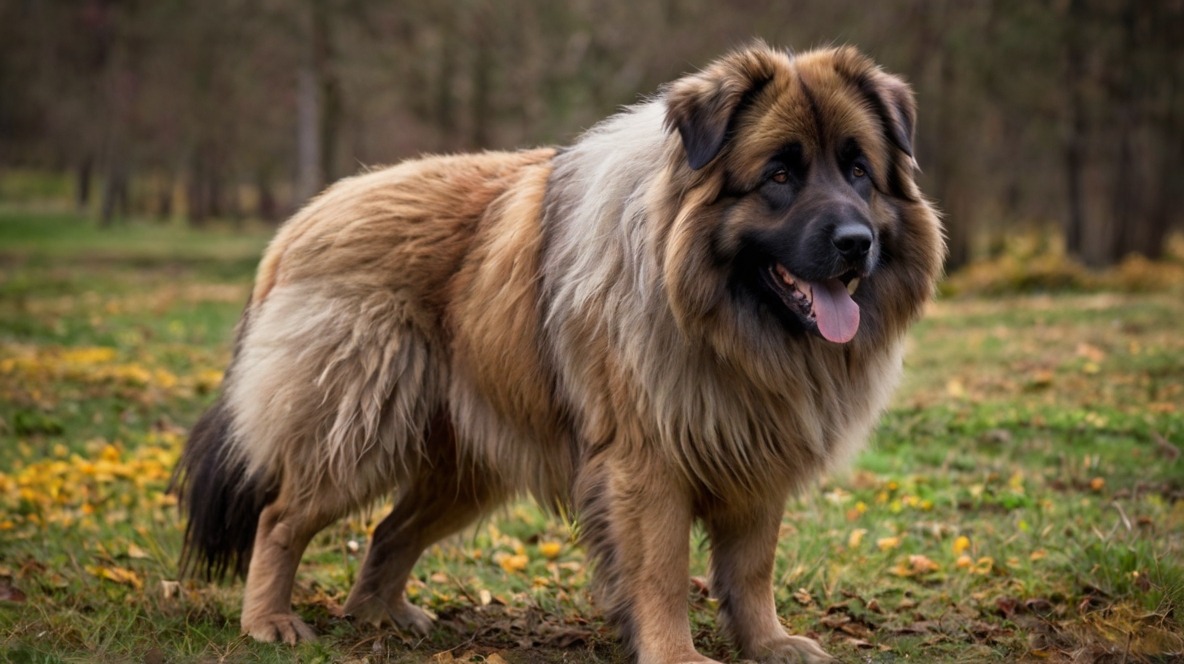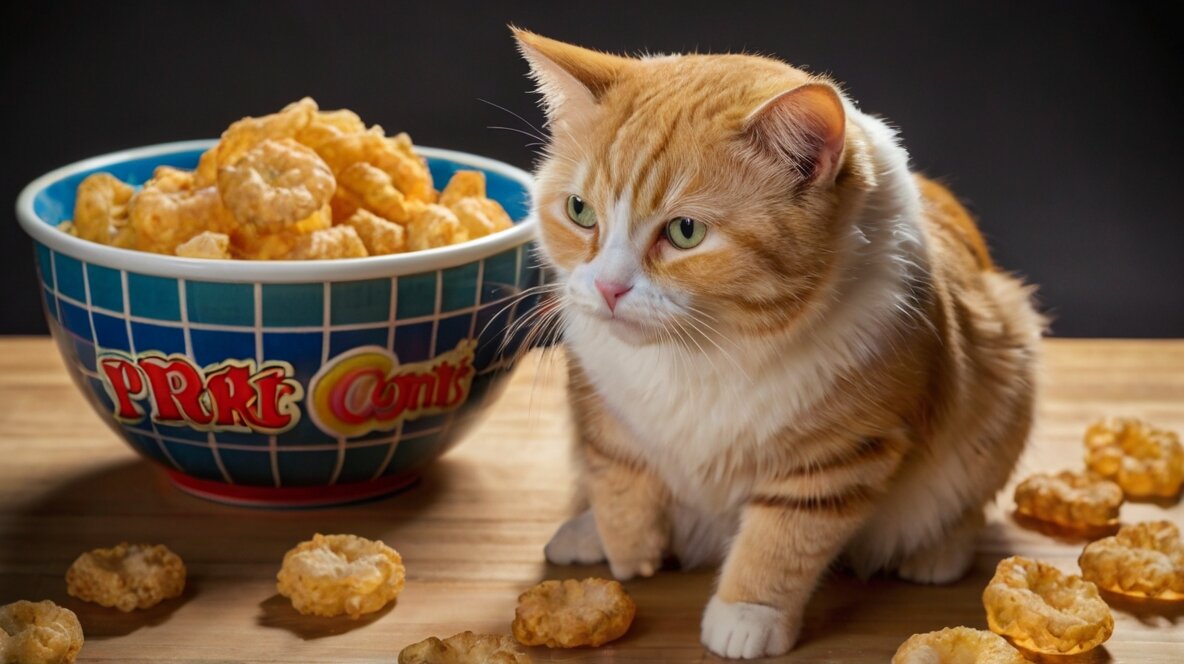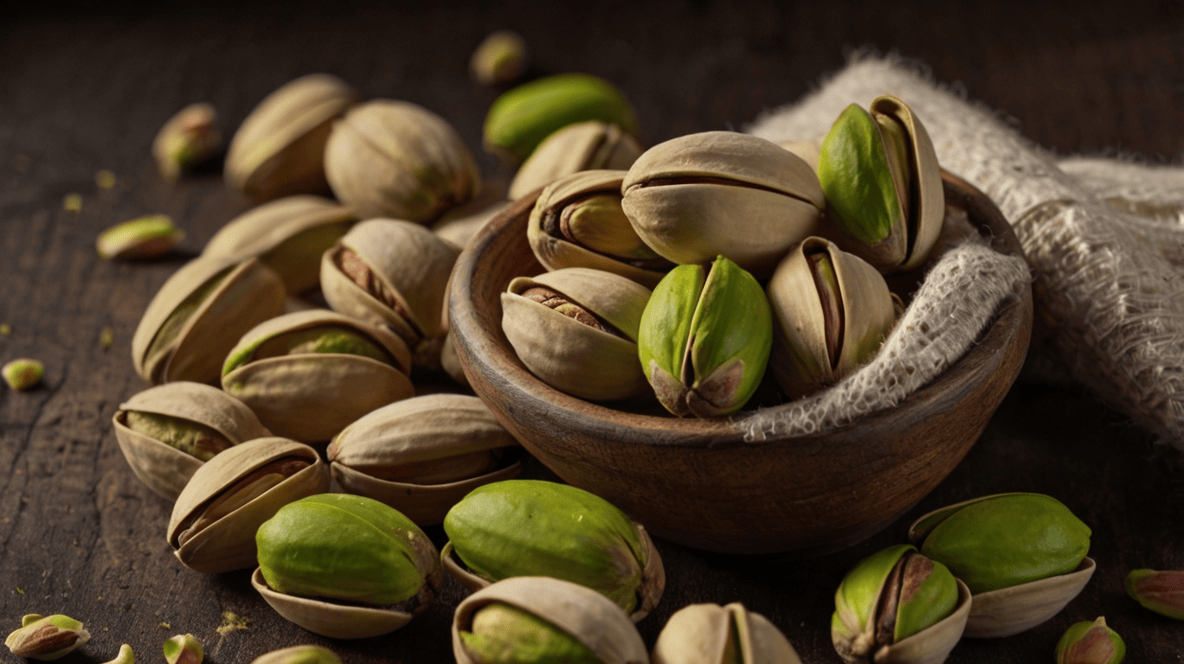Table of Contents
As a loving cat owner, Cats Eat Processed Pastrami, you’ve probably wondered whether certain human foods, like pastrami, are safe for your furry friend. Cats are naturally curious creatures, especially when it comes to food. The smell of delicious deli meat like pastrami might pique their interest, but can cats eat processed pastrami? This guide explores the risks, benefits, and safer alternatives when it comes to feeding pastrami to your cat.
Do Cats Eat Processed Pastrami?
The short answer is no, processed pastrami is not safe for cats. While pastrami may be a tasty treat for humans, it poses significant health risks to cats. Pastrami is a type of deli meat that is highly seasoned, often loaded with salt, and contains preservatives and spices that can be harmful to your cat’s health.
Why Is Processed Pastrami Harmful to Cats?
High Salt Content
Pastrami is typically packed with salt, and cats are highly sensitive to high sodium levels. Too much salt can lead to sodium ion poisoning in cats, causing symptoms like vomiting, diarrhea, lethargy, and even seizures in severe cases.
Spices and Seasonings
Processed pastrami is seasoned with garlic, pepper, and other spices. Garlic and onions are especially toxic to cats, even in small amounts. These ingredients can cause gastrointestinal upset and damage red blood cells, leading to anemia.
Preservatives and Additives
Processed meats like pastrami often contain preservatives such as nitrates and nitrites, which are used to prolong shelf life. These chemicals are not safe for cats and can lead to digestive issues or long-term health problems if consumed regularly.
High-Fat Content
While cats need some fat in their diet, the high-fat content in pastrami can lead to obesity and pancreatitis if consumed in large amounts or over time. Processed meats tend to be fatty, and a high-fat diet can negatively impact your cat’s overall health.
Health Risks of Feeding Cats Processed Pastrami
If your cat eats pastrami, it could face several health risks:
- Sodium Poisoning: Excessive salt intake can lead to sodium ion poisoning, causing dehydration, tremors, and in severe cases, coma.
- Anemia: Ingredients like garlic and onion can damage red blood cells, potentially leading to hemolytic anemia.
- Digestive Issues: Spices and preservatives in processed pastrami can upset your cat’s stomach, leading to vomiting or diarrhea.
- Obesity: Pastrami’s high-fat content can contribute to weight gain and obesity, which in turn increases the risk of diabetes and joint problems.
- Pancreatitis: This condition, which involves inflammation of the pancreas, can be triggered by a high-fat diet, causing severe abdominal pain and vomiting.
Can Cats Eat Any Deli Meats?
While processed pastrami is not safe for cats, some deli meats can be given as an occasional treat, provided they are free from harmful seasonings and preservatives. Plain, cooked turkey or chicken can be safe in small amounts, but it’s essential to ensure there are no added spices, salt, or fats. Always serve these meats in moderation, as too much protein from deli meats can still cause digestive issues in cats.
What Should You Do If Your Cat Eats Pastrami?
If your cat eats processed pastrami, monitor it for any signs of illness. Symptoms of salt poisoning, digestive upset, or garlic toxicity may appear within hours. Here’s what you should do:
- Monitor for Symptoms: Keep an eye out for vomiting, diarrhea, lethargy, or unusual behavior.
- Provide Fresh Water: Ensure your cat drinks plenty of water to help flush out the excess salt and prevent dehydration.
- Call Your Veterinarian: If your cat shows any signs of poisoning or distress, contact your vet immediately. In severe cases, your cat may need medical attention.
Safe Treat Options for Cats
While pastrami is a no-go, there are plenty of healthy and safe treats you can offer your cat. Here are some alternatives to processed meats:
Plain Cooked Chicken or Turkey
These lean meats are safe for cats when cooked without seasoning. They provide protein without the harmful additives found in processed meats.
Cooked Fish
Small amounts of plain, cooked fish like salmon or tuna can be a great source of protein and omega-3 fatty acids for your cat.
Cat-Specific Treats
Many pet stores offer healthy, specially formulated cat treats. These treats are designed to meet your cat’s nutritional needs without the risks posed by human foods.
Freeze-Dried Meat Treats
Freeze-dried chicken or fish treats are excellent options for a high-protein, low-fat snack. These treats are minimally processed and free from harmful additives.
Fresh Vegetables
While cats are obligate carnivores, small amounts of certain vegetables like cooked carrots or green beans can add variety to their diet without the risks associated with processed foods.
How to Keep Your Cat’s Diet Healthy and Balanced
Cats thrive on a meat-based diet, as they are obligate carnivores. Feeding your cat a complete and balanced diet that meets their nutritional requirements is crucial for their health. High-quality commercial cat food is formulated to provide all the essential nutrients your cat needs.
If you’re looking to give your cat treats, stick to options that are designed for feline consumption. Treats should never make up more than 10% of your cat’s daily caloric intake. Offering too many treats can lead to obesity and other health issues.
FAQs
1. Can cats eat small amounts of pastrami?
Even small amounts of processed pastrami can be harmful due to its high salt and spice content. It’s best to avoid giving pastrami to your cat altogether.
2. What should I do if my cat eats pastrami?
Monitor your cat for signs of illness, such as vomiting or lethargy. Provide fresh water and consult your veterinarian if symptoms worsen.
3. Are there any deli meats that are safe for cats?
Plain, unseasoned deli meats like turkey or chicken may be safe in small amounts. Avoid meats with added salt or spices.
4. Why is garlic in pastrami dangerous for cats?
Garlic can cause anemia in cats by damaging their red blood cells. Even a small amount can be toxic, so it should be avoided.
5. What are some healthy alternatives to pastrami for cats?
Safe alternatives include plain, cooked chicken, turkey, freeze-dried meat treats, and certain cat-safe vegetables like cooked carrots or green beans.
“Curious about more safe treats for your cat? Check out our article on healthy feline snacks and discover what’s best for your furry friend.”
www.foodnutro.com



